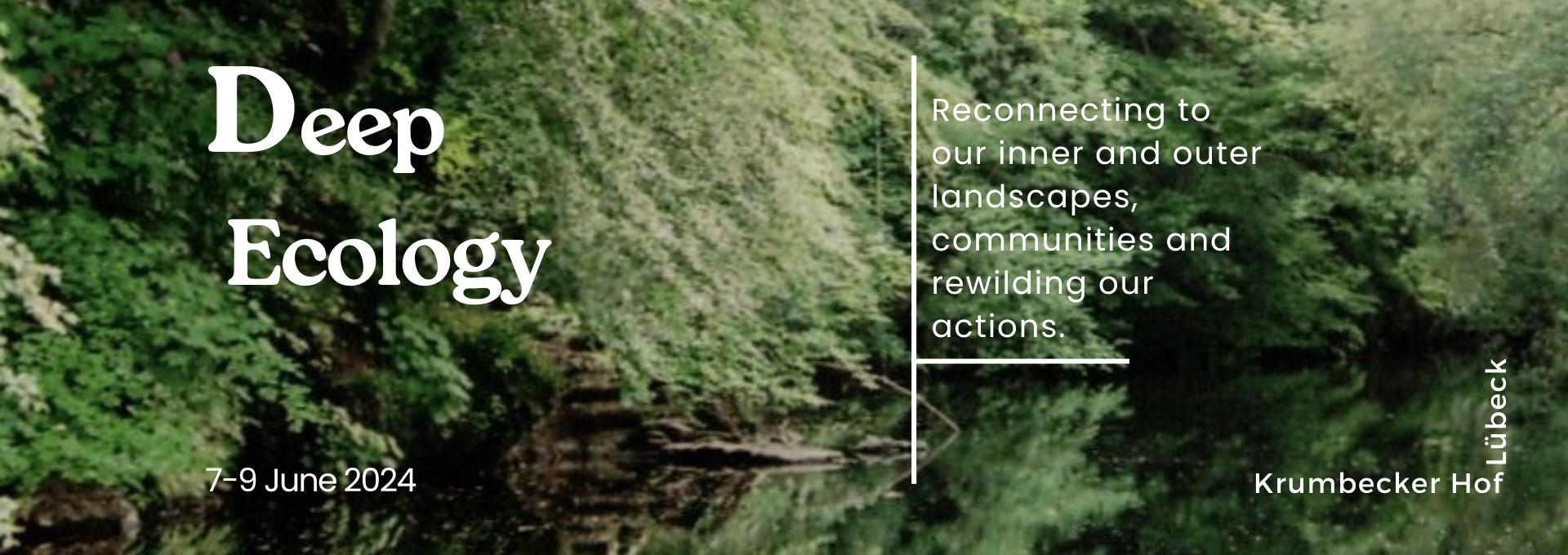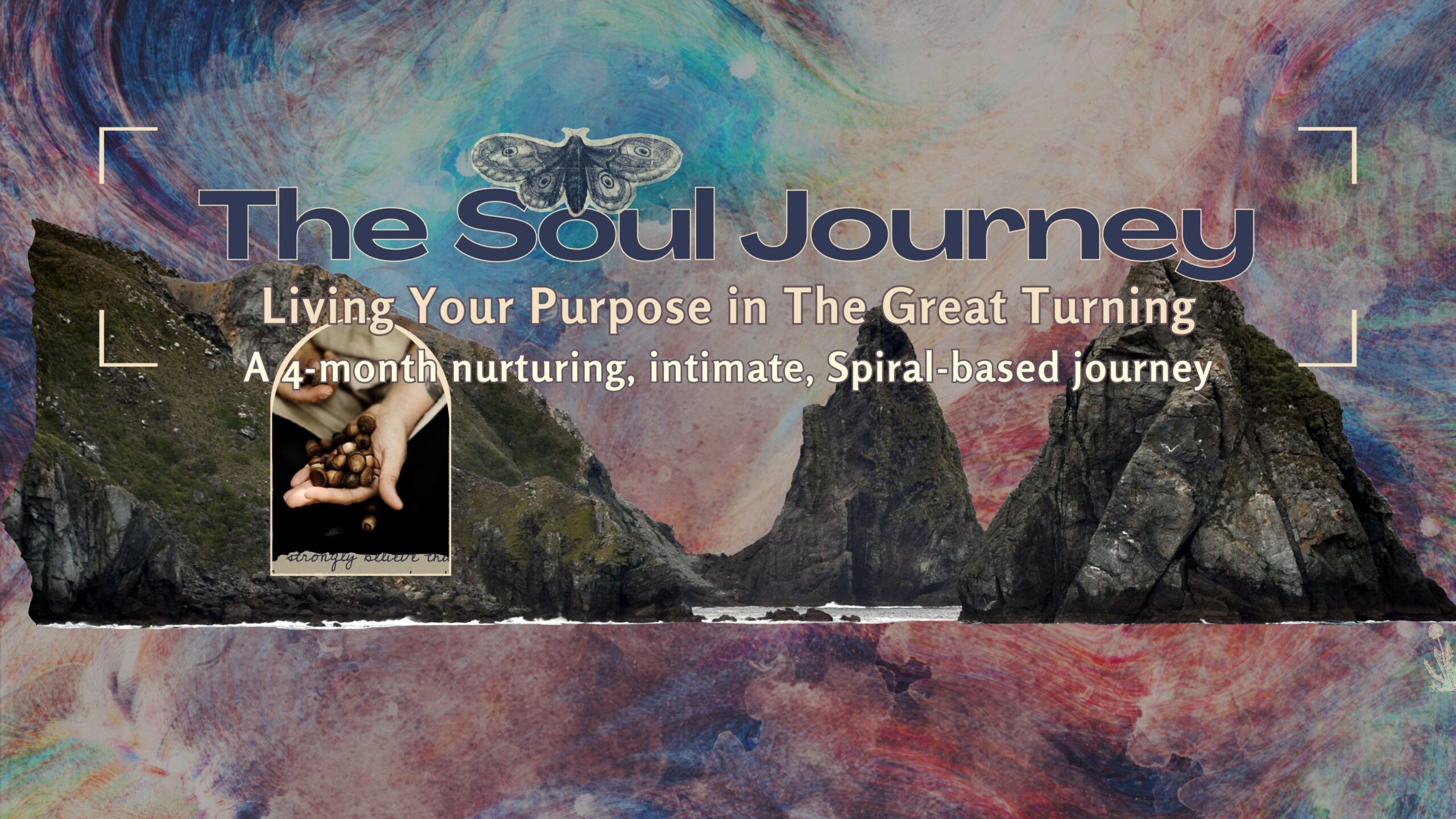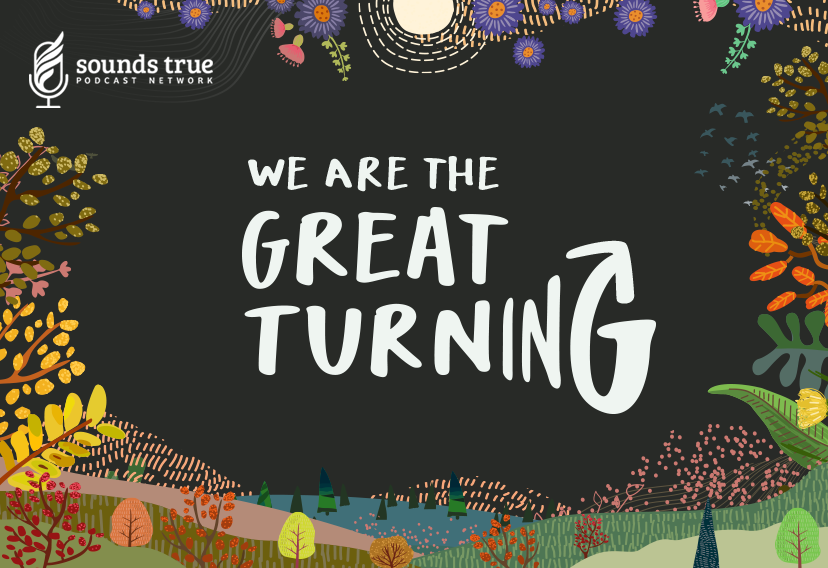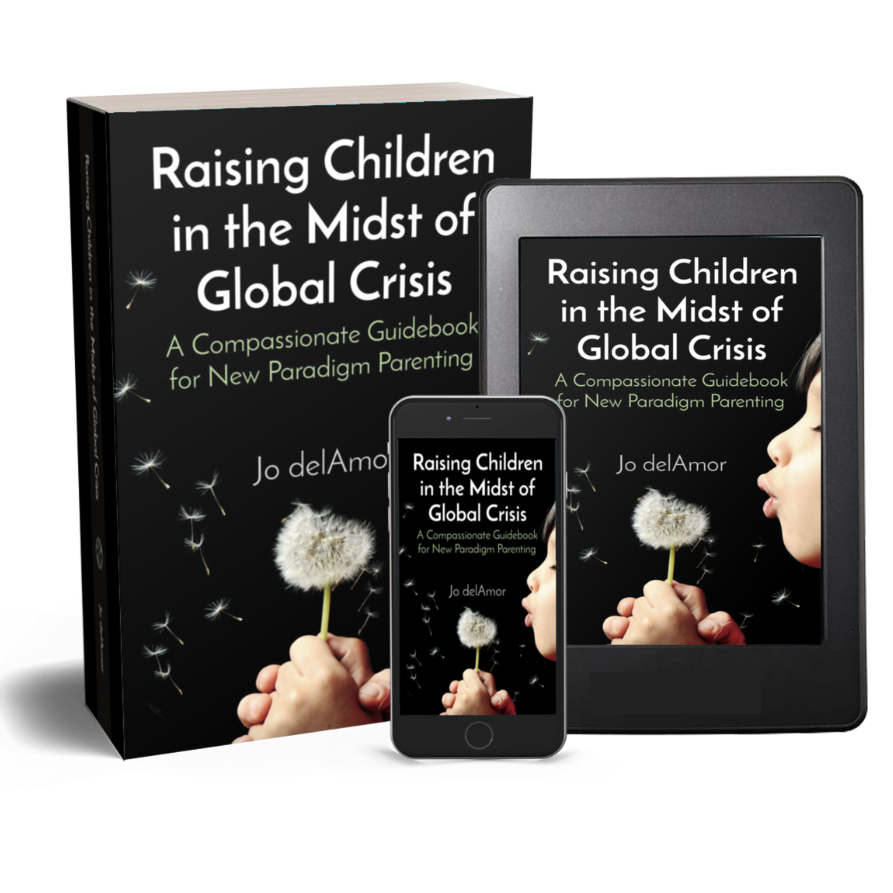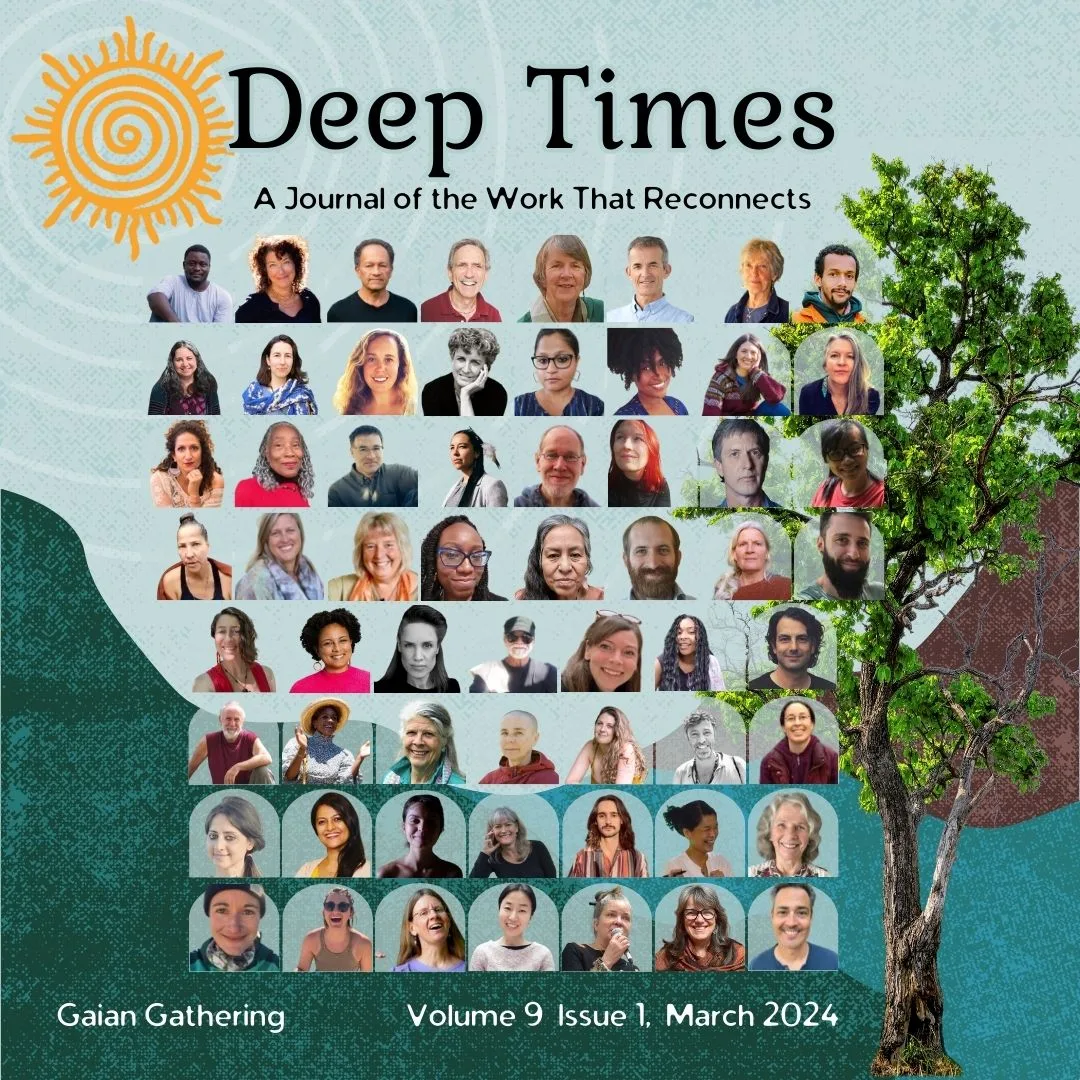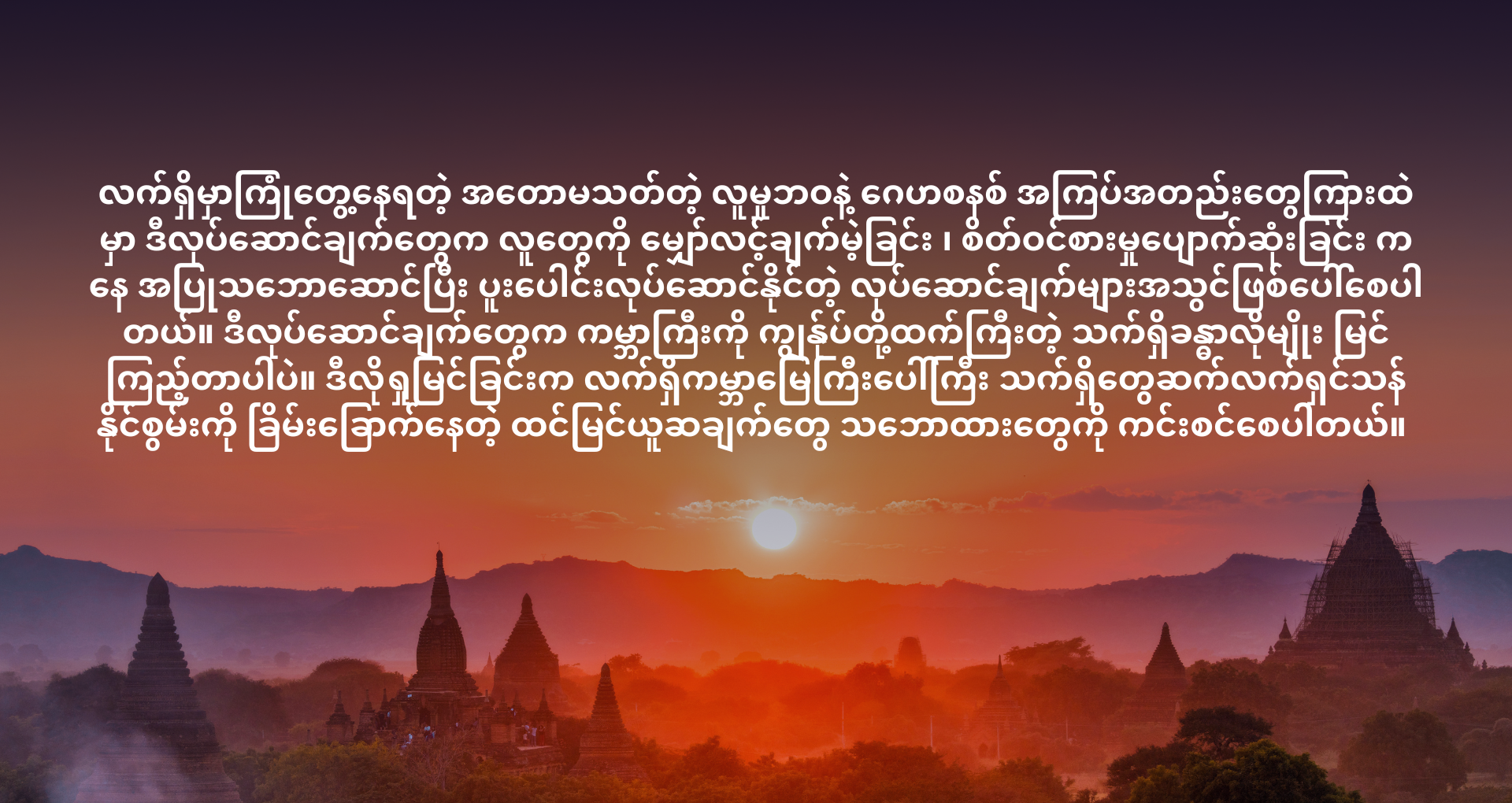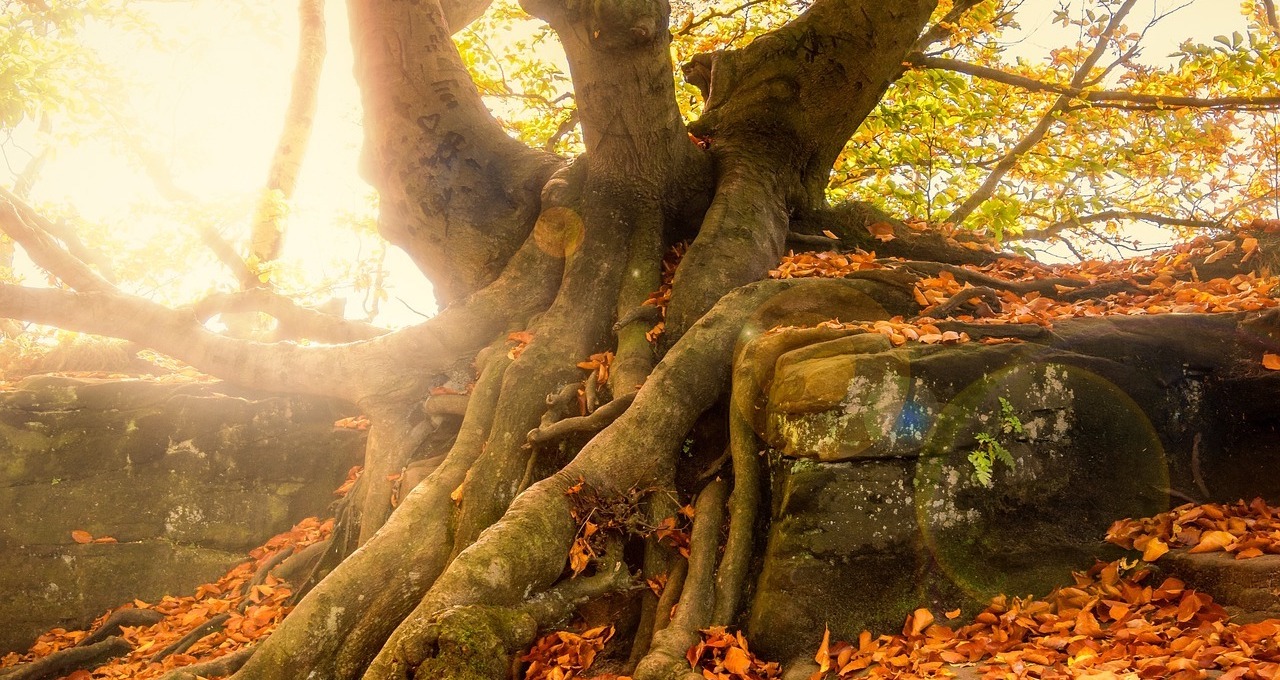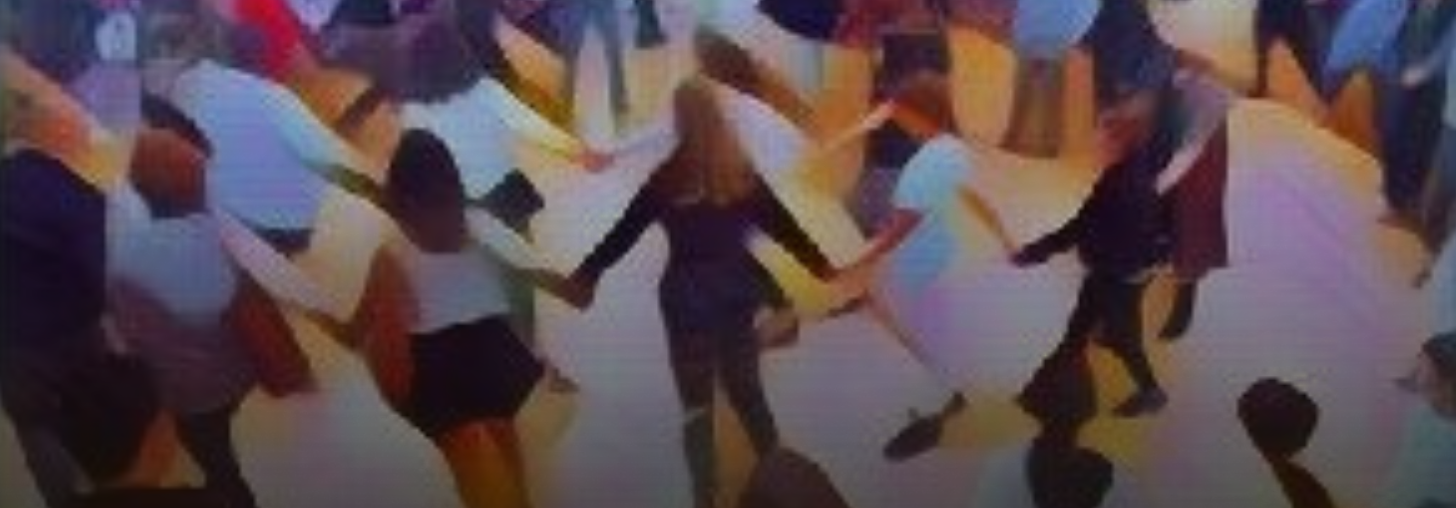- Practices
- Honoring Our Pain
- Facilitators
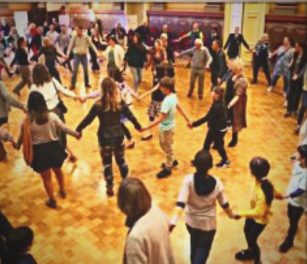
The Bestiary
from chapter 7 of Coming Back to Life by Joanna Macy and Molly Brown; second edition, published 2014. Please acknowledge the source when you use any of these practices.
Time: 30 Minutes
This process provides a ritual structure for recalling what the Industrial Growth Society is doing to our fellow species. It serves to honor the unique and irreplaceable forms that are passing from us. It arose in 1981, at a midnight gathering of several hundred people in Minnesota, in the form of a simple reading from the list of threatened and endangered species. At its close, people were invited to call out the names of other endangered aspects of our common life on Earth; then they expressed their sorrow by the ancient act of keening. Joanna’s poem, the Bestiary, grew out of that experience, although it only names other animals, and does not include trees or plants.
As the names are read, it is easy to feel guilty as a human. So, before the reading, the guide makes clear that this is not the point of the exercise. Guilt tends to close us down. Instead, as each name is read, let people take the opportunity silently to honor the beauty and wisdom of that unique, irreplaceable species. This approach helps people to open to the grief that is in them.
Method
The group sits in a circle and listens as the Bestiary (see below), is read aloud. Use several voices (four is a good number) spaced around the circle; the pace should be unhurried as befits a funeral and the voices strong. After the naming of each species, a clacker or a drum is struck in one strong beat. The drum has a funereal connotation; the clacker (two pieces of wood struck sharply together as in a zendo) has the finality of a guillotine. In the Bestiary, the reader who names the species immediately before a paragraph reads that reflective paragraph as well.
At the conclusion of the poem, the guide invites people to name things disappearing from the world. The intent remains the same as with the endangered species: to publicly name the loss, and to keep its memory. After each naming – “clean beaches”, “bird song”, “safe food”, “stars over cities”, “hope” – the clacker or drum sounds. Again the pace is slow and measured. The guide concludes with words that honor the losses that have been spoken, and the honesty and solidarity that their naming brings us now for our work in the Great Turnin
The Bestiary
by Joanna Macy
Short-tailed albatross
Whooping crane
Gray wolf
Woodland caribou
Hawksbill sea turtle
Rhinoceros
The lists of endangered species grow longer every year. With too many names to hold in our minds, how do we honor the passing of life? What funerals or farewells are appropriate?
Reed warbler
Swallow-tail butterfly
Bighorn sheep
Indian python
Howler monkey
Sperm whale
Blue whale
Dive me deep, brother whale, in this time we have left. Deep in our mother ocean where once I swam, gilled and finned. The salt from those early seas still runs in my tears. Tears aren’t enough anymore. Give me a song, a song for a sadness too vast for my heart, for a rage too wild for my throat.
Giant sable antelope
Wyoming toad
Polar bear
Grizzly bear
Brown bear
Bactrian camel
Nile crocodile
Chinese alligator
Ooze me, alligator, in the mud whence I came. Belly me slow in the rich primordial soup, cradle of our molecules. Let me wallow again, before we drain your swamp, and pave it over.
Gray bat
Ocelot
Pocket mouse
Sockeye salmon
Hawaiian goose
Audouin’s seagull
Quick, lift off. Sweep me high over the coast and out, farther out. Don’t land here. Oil spills coat the beach, rocks, sea. I cannot spread my wings glued with tar. Fly me from what we have done, fly me far.
Golden parakeet
West African ostrich
Florida panther
Galapagos penguin
Imperial pheasant
Mexican prairie dog
Hide me in a hedgerow, badger. Can’t you find one? Dig me a tunnel through leaf mold and roots, under the trees that once defined our fields. My heart is bulldozed and plowed over. Burrow me a labyrinth deeper than longing.
Thick-billed parrot
Blue pike
Snow leopard
Molokai thrush
California condor
Lotus blue butterfly
Crawl me out of here, caterpillar. Spin me a cocoon. Wind me to sleep in a shroud of silk, where in patience my bones will dissolve. I’ll wait as long as all creation if only it will come again– and I take wing.
Atlantic Ridley turtle
Coho salmon
Helmuted hornbill
Marine otter
Humpback whale
Steller sea lion
Monk seal
Swim me out beyond the ice floes, mama. Where are you? Boots squeeze my ribs, clubs drum my fur, the white world goes black with the taste of my blood.
Gibbon
Sand gazelle
Cheetah
Chinchilla
Asian elephant
African elephant
Sway me slowly through the jungle. There still must be jungle somewhere. My heart drips with green secrets. Hose me down by the waterhole; there is buckshot in my hide. Tell me old stories while you can remember.
Desert tortoise
Crested ibis
Hook-billed kite
Mountain zebra
Tibetan antelope
Andrew’s frigatebird
In the time when his world, like ours, was ending, Noah had a list of the animals, too. We picture him standing by the gangplank, calling their names, checking them off on his scroll. Now we also are checking them off.
Ivory-billed woodpecker
Indus river dolphin
West Indian manatee
Wood stork
We reenact Noah’s ancient drama, but in reverse, like a film running backwards, the animals exiting.
Ferret
Gorilla
Tiger
Wolf
Your tracks are growing fainter. Wait. Wait. This is a hard time. Don’t leave us alone in a world we have wrecked.
